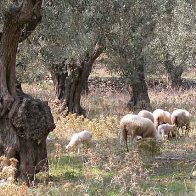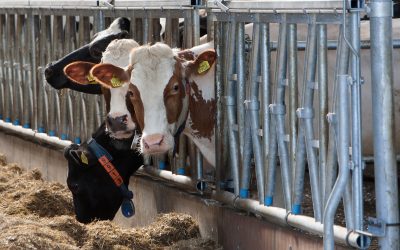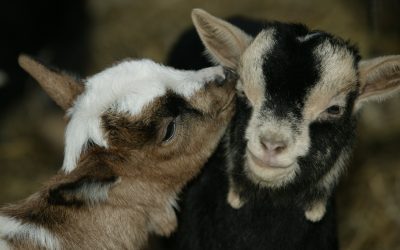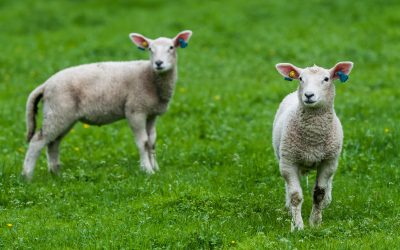Feeding olive residue improves milk quality

A study from the CSIC (Spain) and the University of Wales (UK) showed that consuming products rich in (olive) oil increase the content of mono-unsaturated fatty acids and lower the content of saturated fatty acid in milk and meat of goats and sheep.
Olive leaves provide half of the energy and amino acid requirements of sheep
and goats at maintenance level and, if adequately supplemented, can be used as
part of the forage in diets for production.
Olive by-products
traditionally represent an important group of feed resources for ruminants in
the Mediterranean areas. However, these materials are still
under-exploited.
Spanish and British Scientists have analyzed the
inclusion of by-products from olive trees and olive oil extraction in the diets
offered to goats and sheep.
Olive by-products were evaluated with respect
to their composition, digestion, degradation, ruminal fermentation, and their
impact on animal performance and on product quality, with particular attention
to their fatty acid profile.
The study presents the effects on growth,
milk and meat quality of feeding a range of olive by-products (olive leaves and
cakes) to goats and sheep.
In diets containing oleic acid the total
monounsaturated fatty acid content of milk were increased, while saturated fatty
acids dropped.
Olive leaves provide half of the energy and amino acid
requirements of sheep and goats at maintenance level and, if adequately
supplemented, can be used as part of the forage in diets for
production.
The study by E. Molina-Alcaide and D.R. Yáñez-Ruiz was
published in Animal Feed Science and Technology in November
2008.











